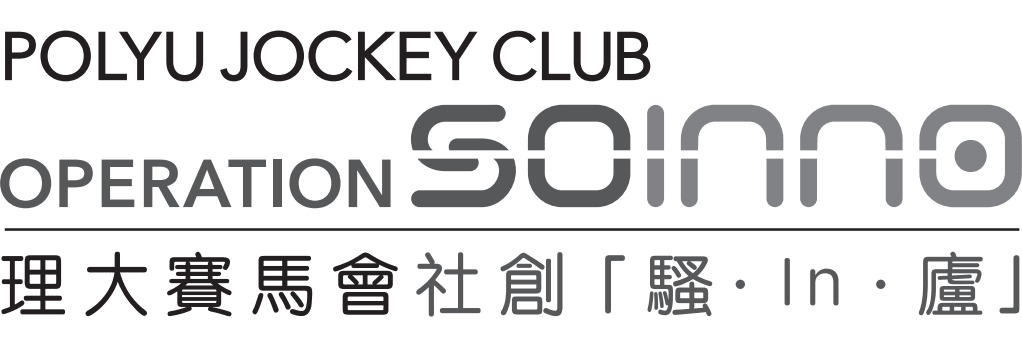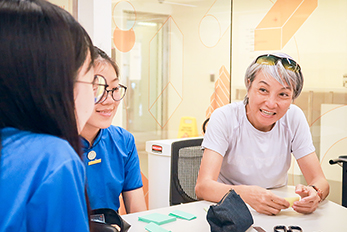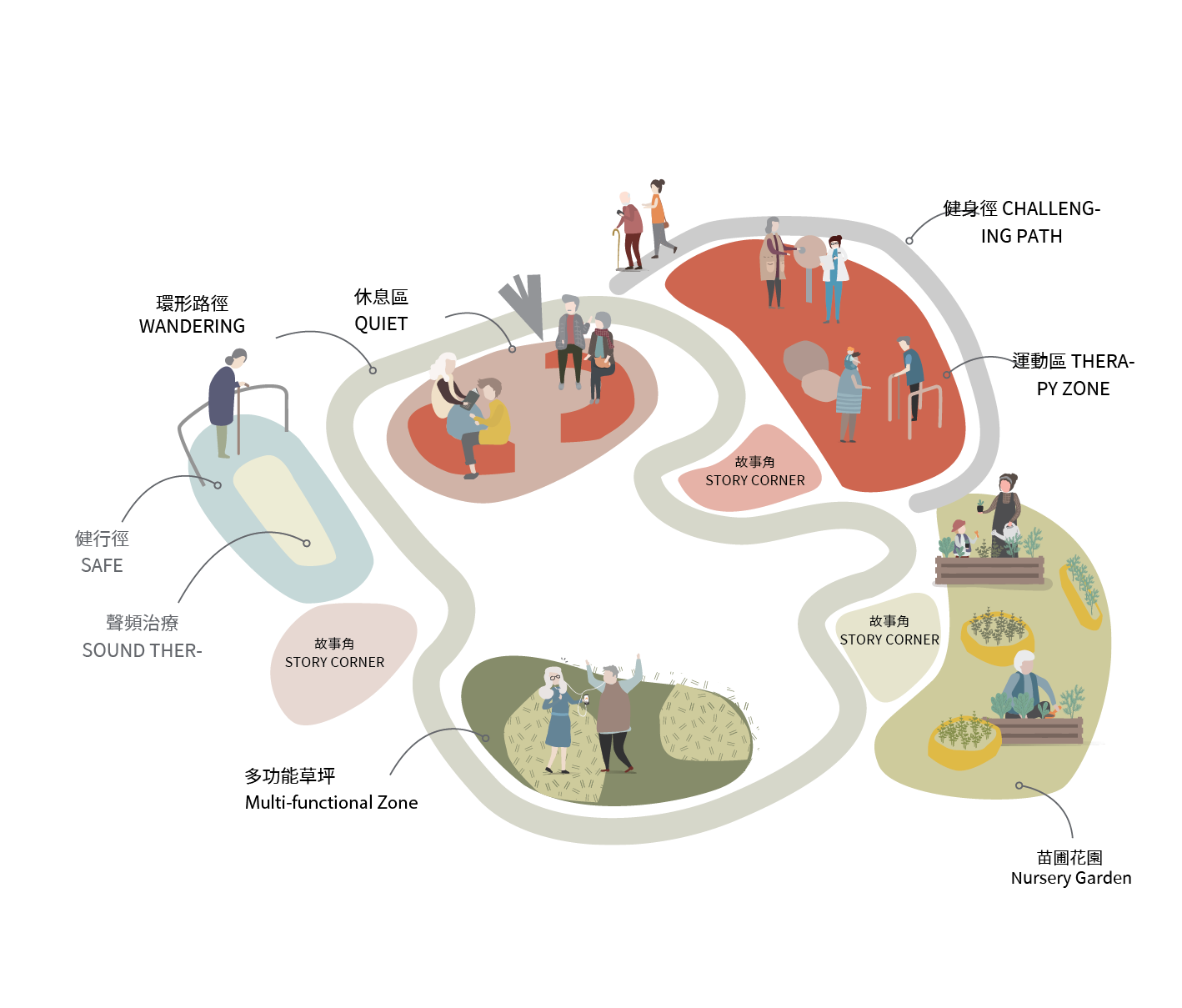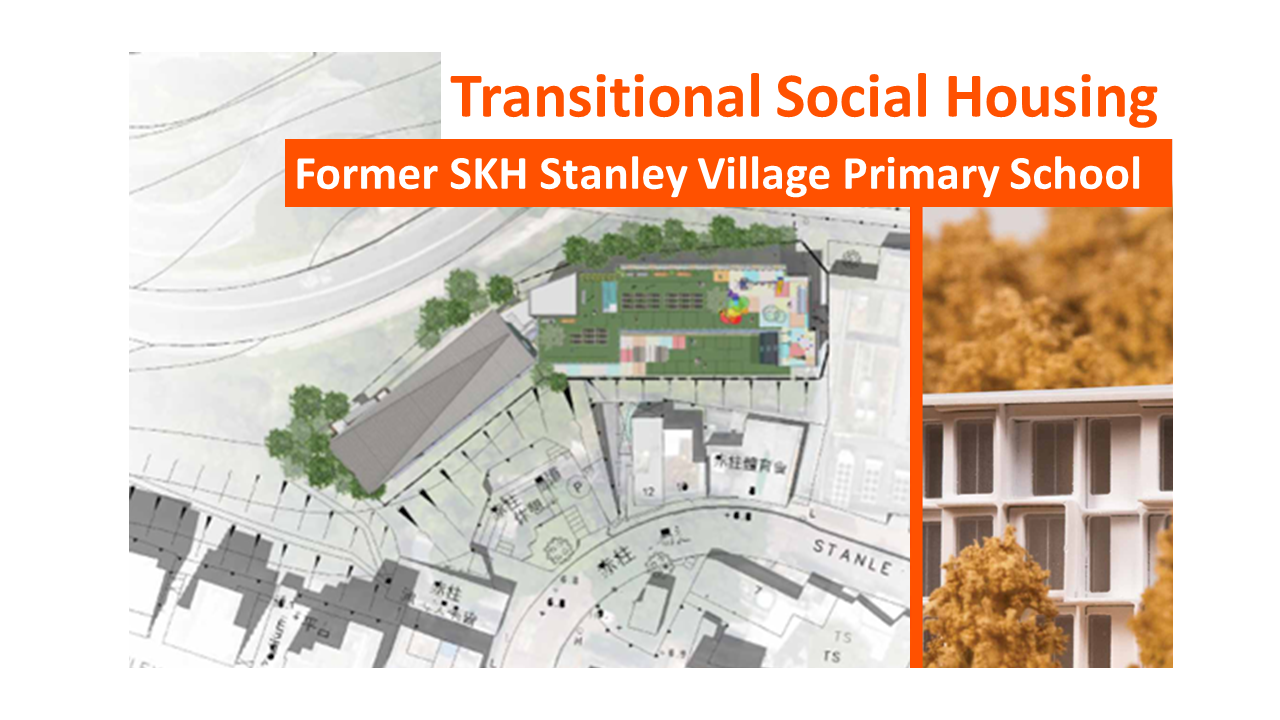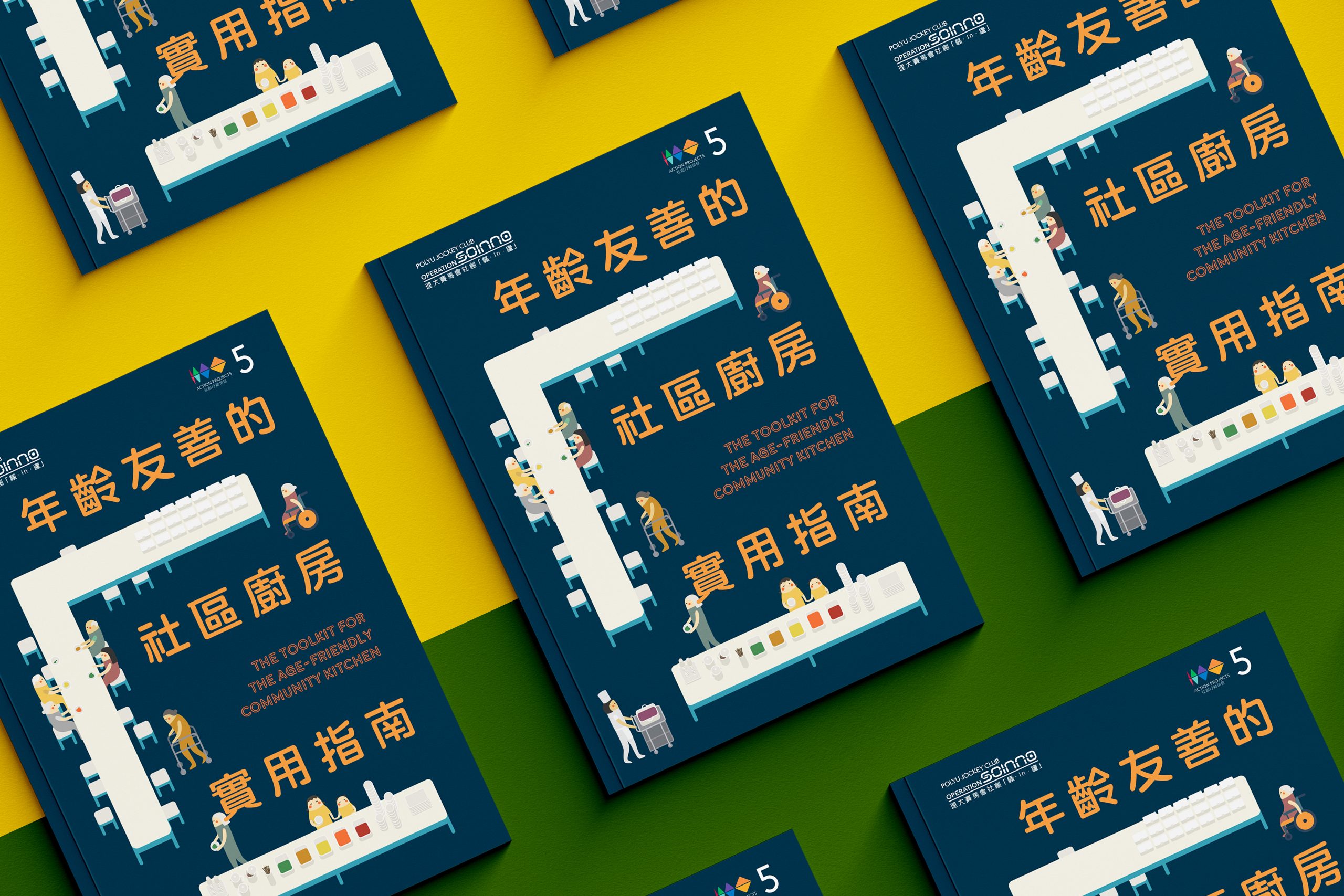Overview
Place Audit is a structured method for gathering residents’ perspectives on their local community. Since Season 11 of PolyU Jockey Club “Operation SoInno”, the Jockey Club Design Institute for Social Innovation (J.C.DISI) at the Hong Kong Polytechnic University has emphasised the value of Data-driven Community Planning. To support this initiative, a set of Community Assessment Indicators (CAI) was created to capture and consolidate the diverse experiences of individuals from various backgrounds and age groups. By transforming these user experiences into actionable data and insights, the initiative identifies key challenges faced by residents in their daily lives. Furthermore, it integrates residents’ feedback into community planning through a participatory design approach, ensuring that their voices contribute meaningfully to shaping their neighbourhoods.
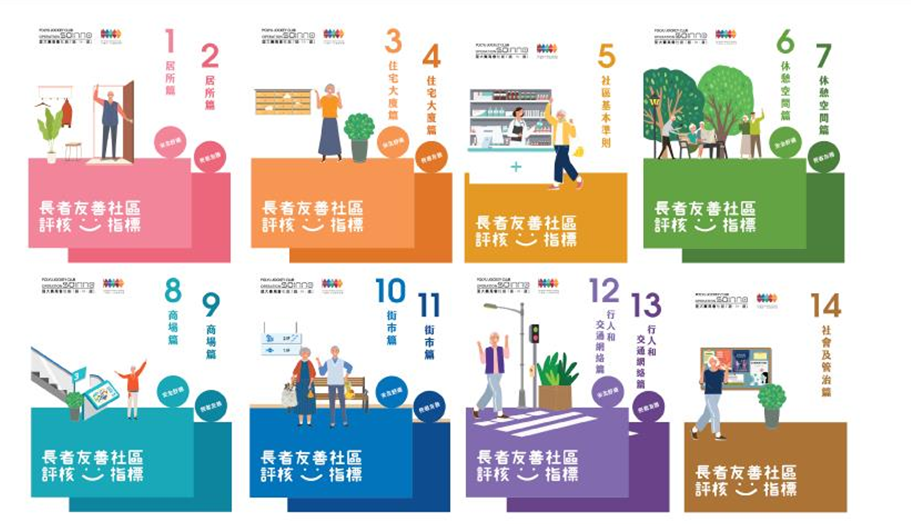
Outcomes
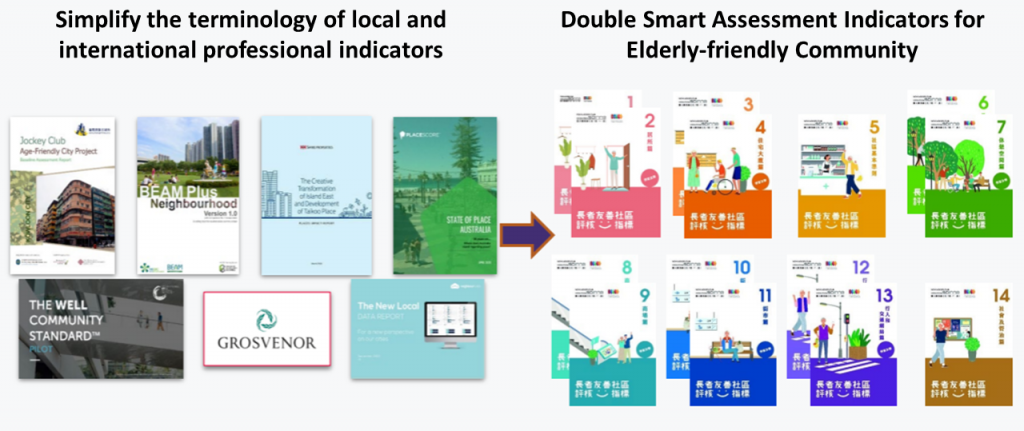
J.C.DISI is honoured to receive the Hong Kong Institute of Planners Awards 2023 (Honourable Mention) for the Double Smart Assessment Indicators for Age-friendly Community (V1.0), published in 2021. Building on this success, the team is enhancing the indicators in collaboration with local stakeholders, including active older adults, young mothers in subdivided units, users of Community Living Rooms, and individuals with visual impairments to understand their pain points as an end-user, as well as being a carer, in navigating around the urban environment. The updated version, Double Smart Assessment Indicators for All Age-inclusive Community (V2.0), aims to futureproof communities for ageing in place. From July to September 2024, the project team partnered with local NGOs and community champions to conduct user testing events, empowering NGOs to act as “place auditors.” This train-the-trainer initiative focuses on capacity building, enabling stakeholders to identify key hardware and software programs for policymakers to invest in, ultimately improving social infrastructure. By advancing data-driven community planning, this effort contributes to creating a more inclusive and age-friendly society.
Process
Inspiration
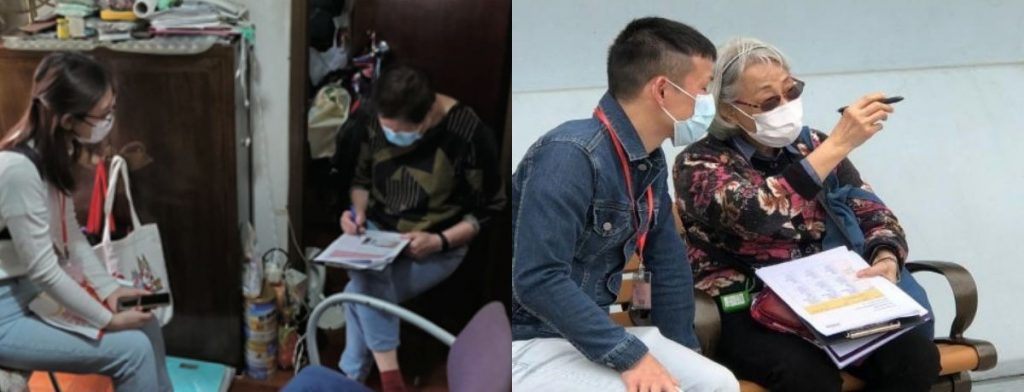
Unlike traditional design benchmarks that focus on minimal viable solutions, the CAI adopts a human-centred methodology, emphasising the resolution of user pain points. By enabling participants to engage directly on-site, observe challenges, and document their experiences, this approach fosters a deeper understanding of end-user inconveniences. Such immersive engagement empowers built environment professionals to ideate more relevant and impactful solutions. The systematic recording of user needs and experiences not only enhances the design process during the planning phase but also aids in prioritising investments in community social infrastructure. This ensures that development efforts are aligned with real-world requirements, ultimately improving quality of life for users.
Ideation
In 2024, the J.C.DISI team shifted gears to focus on creating all-age inclusive communities neighbourhoods. While local NGOs have excellent knowledge of the arising issues in the local community, they often do not have the language to translate the pain points faced by the community into design parameters to communicate with policy makers and decision makers to steer long term community investments to improve the liveability of the city.
To address this, JCDISI team consulted experts from various domains such as gerontology, nursing, social work, architectural design and urban planning to develop a set of prototype CAI that may help to improve the health outcomes of people of all ages and abilities to support futureproofing communities for ageing in place. The specialists’ input further ensures that the data collected can be analysed for health policy evaluation. Altogether, these adaptations made the CAI more intuitive and effective at reflecting authentic user experiences and challenges.
Implementation
From July to September 2024, the project team collaborated with community organisations to host events introducing Community Assessment Indicators (CAIs) for user testing. These events empowered local stakeholders to act as “place auditors,” identifying areas for improvement to advance the vision of “Ageing-in-Place.”
Recognising the need for comprehensive guidance, the team developed a detailed user manual for CAI Version 2.0, offering explanations, best practices, and supporting documents to facilitate independent use by community practitioners.
Partnering with Caritas Tsuen Wan Community Centre, the team conducted train-the-trainer sessions to equip social workers with the skills to use CAIs in place audits alongside local residents. This approach encouraged broader participation, enabling more individuals to become “place auditors” and fostering a stronger sense of community belonging. The initiative not only supports age-inclusive community planning but also empowers citizens to actively contribute to neighbourhood improvements, aligning with minor work programmes for accelerated community development.
